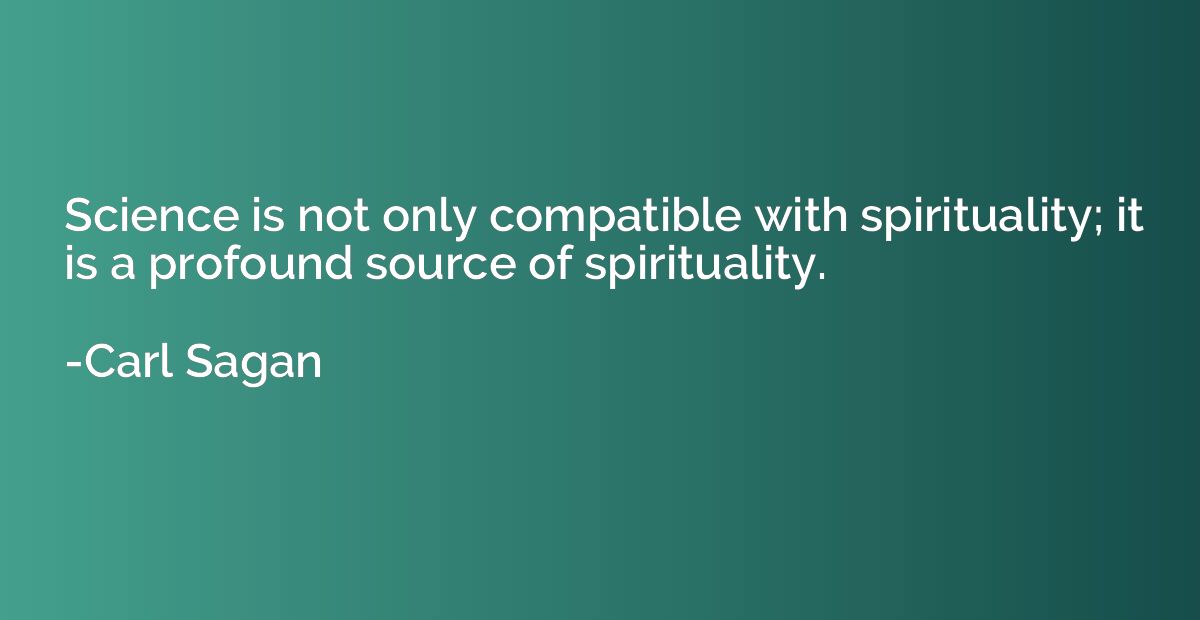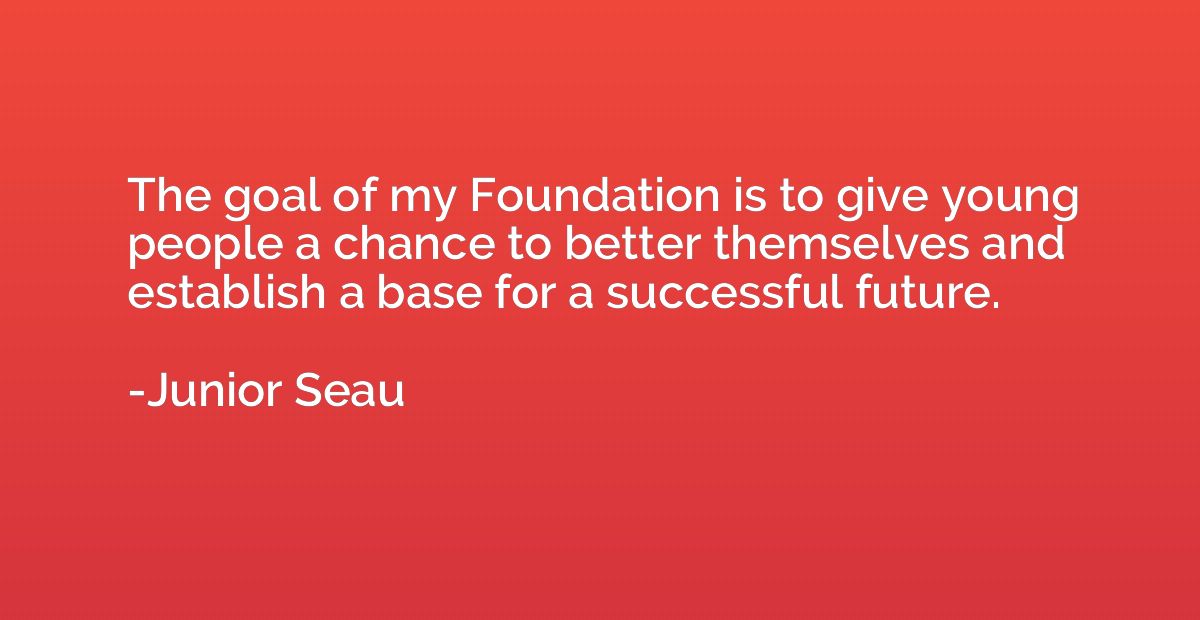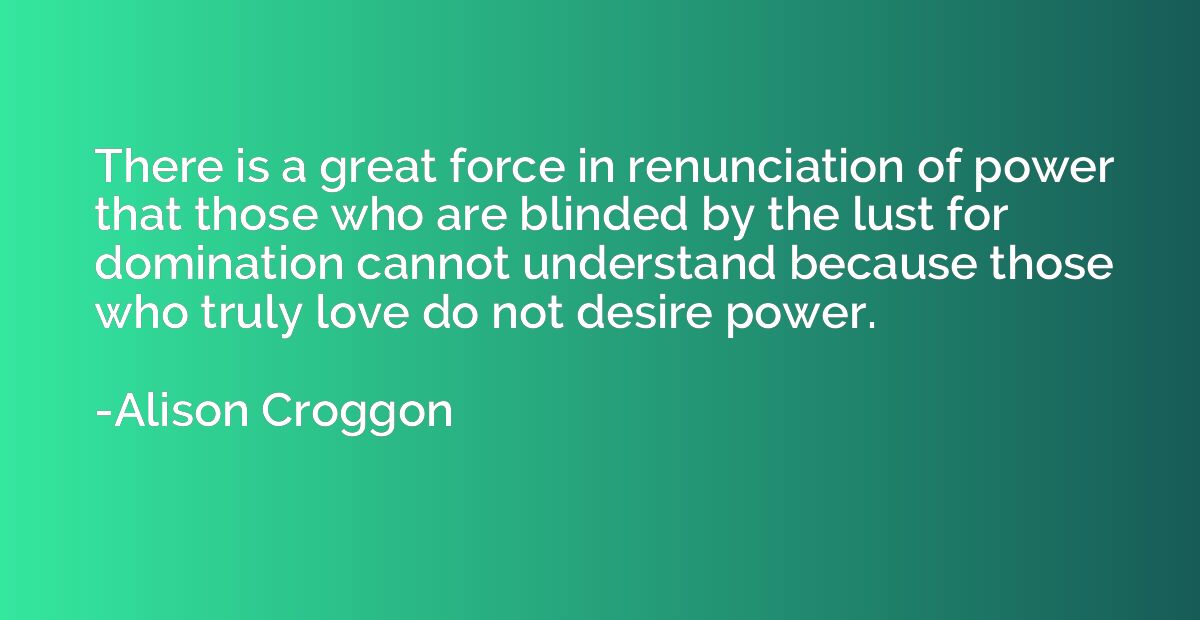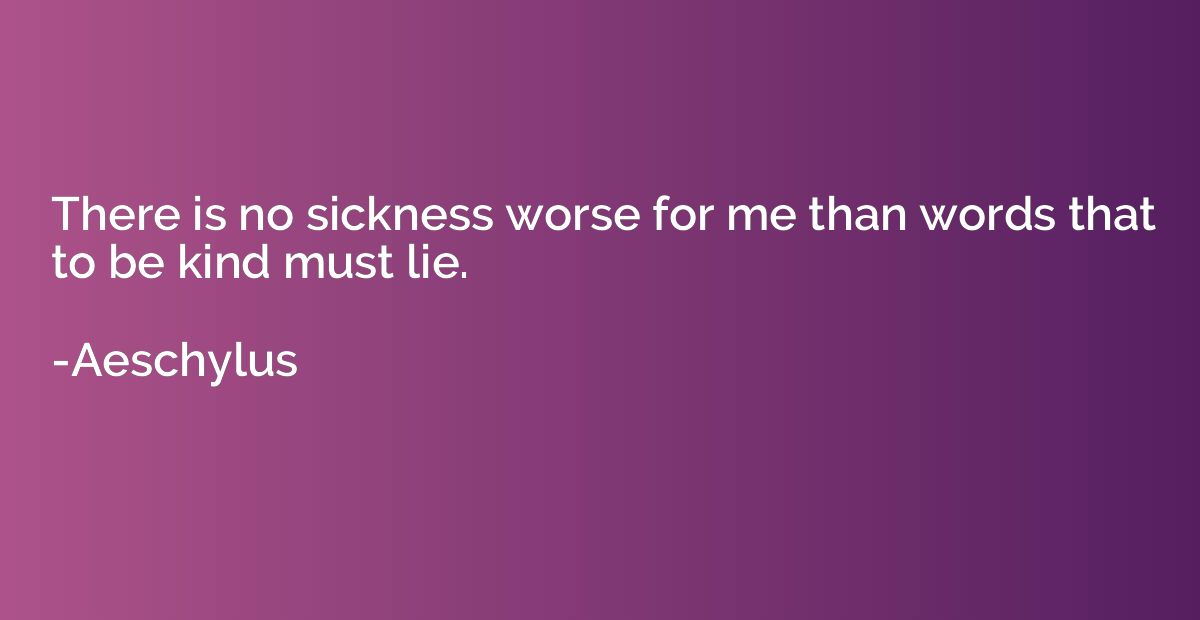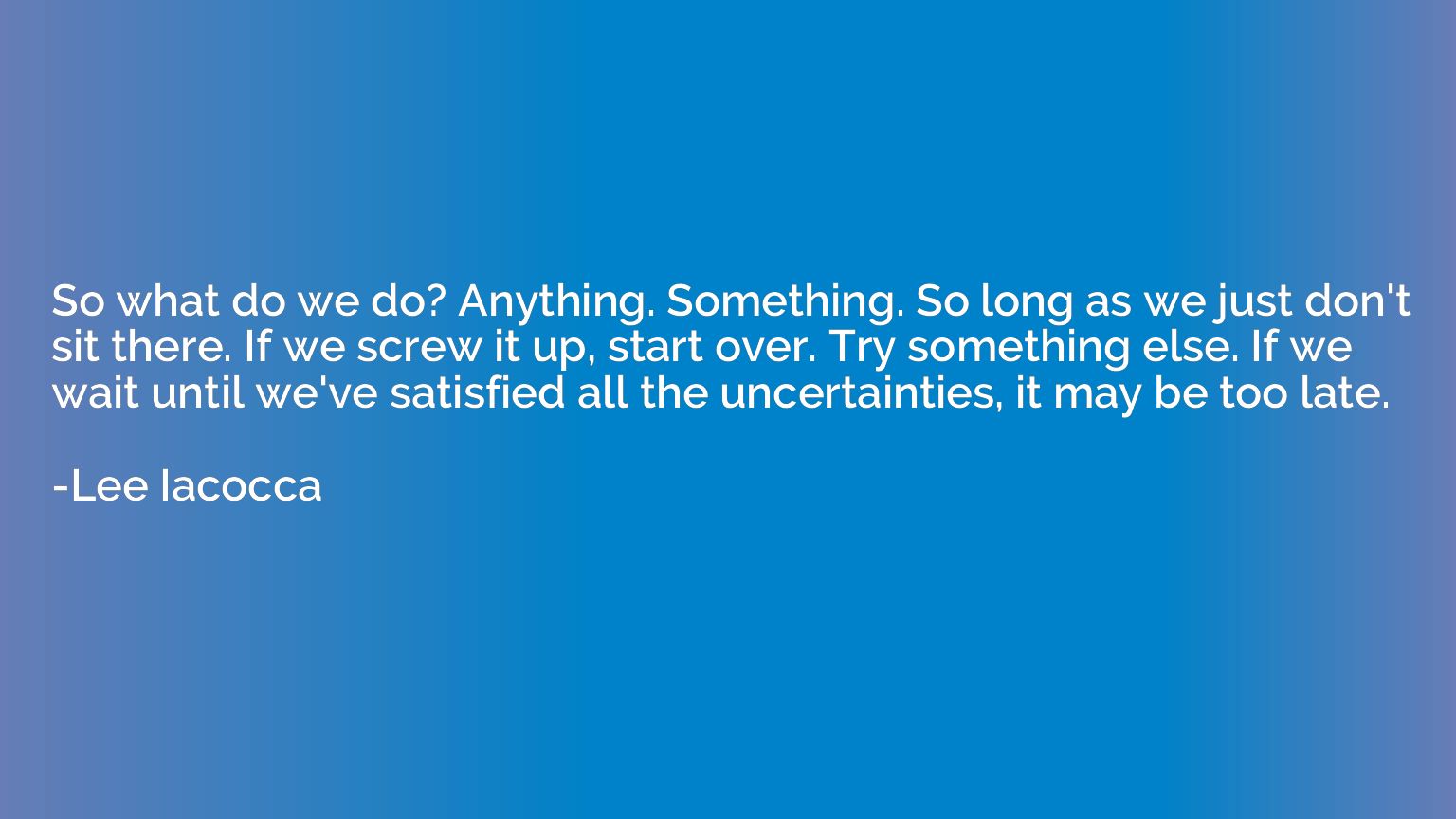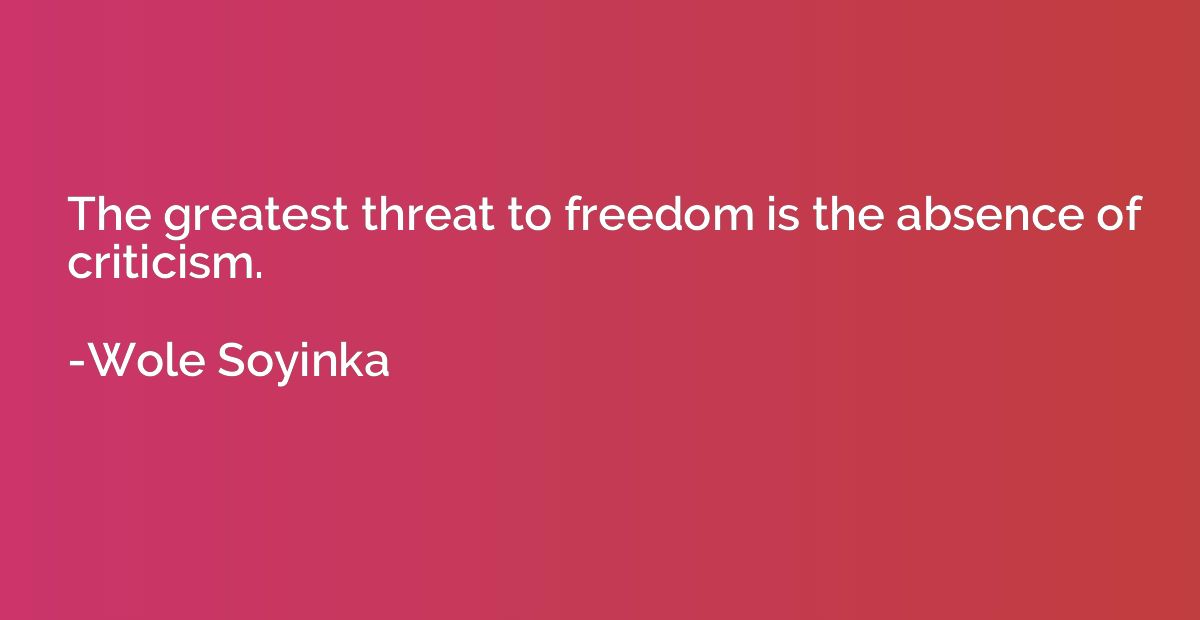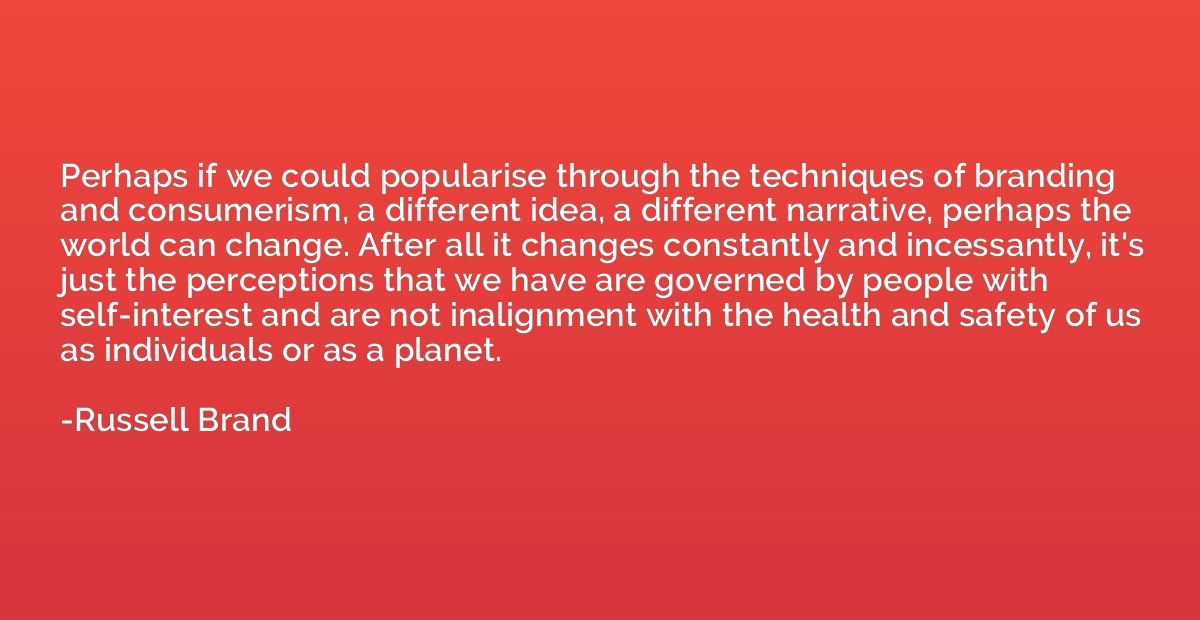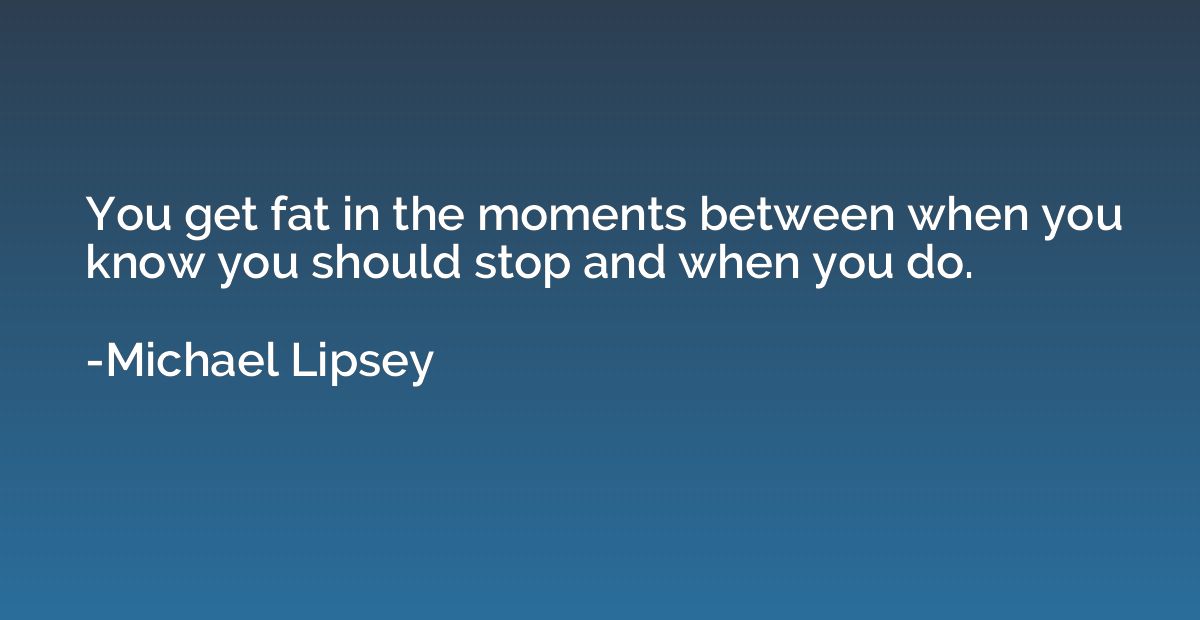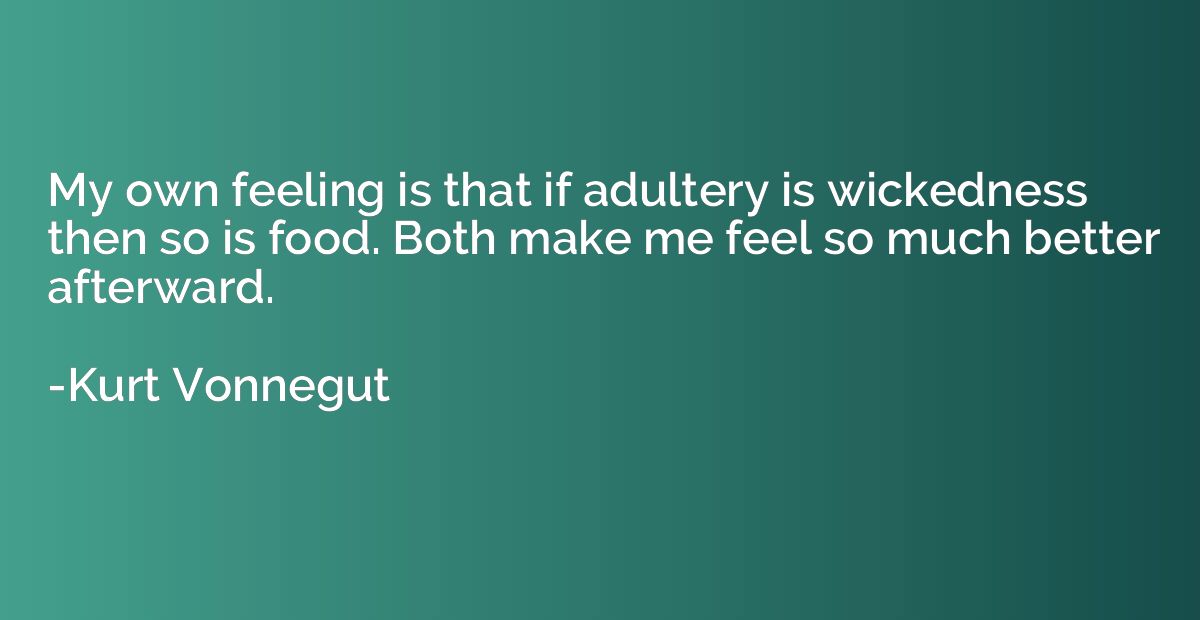Quote by William James Moore
Time to improve is limited. The clock is always on and doesn't care if you don't feel like it. Someone else does and they're passing you by.
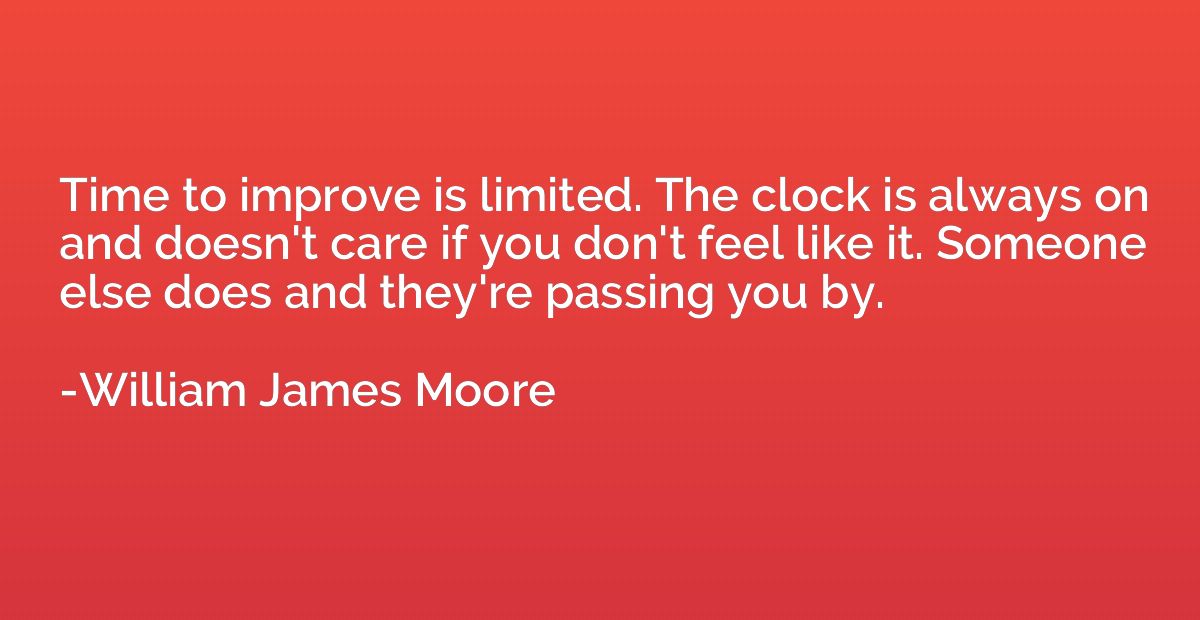
Summary
This quote emphasizes the importance of seizing opportunities for personal growth and improvement within the limited time we have. It reminds us that time doesn't wait for anyone and is constantly ticking away. The clock symbolizes urgency and the idea that we cannot afford to waste time or make excuses. It highlights the competitive nature of life, suggesting that if we are not proactive in our efforts to improve, we risk being left behind by those who are willing to put in the necessary work.



